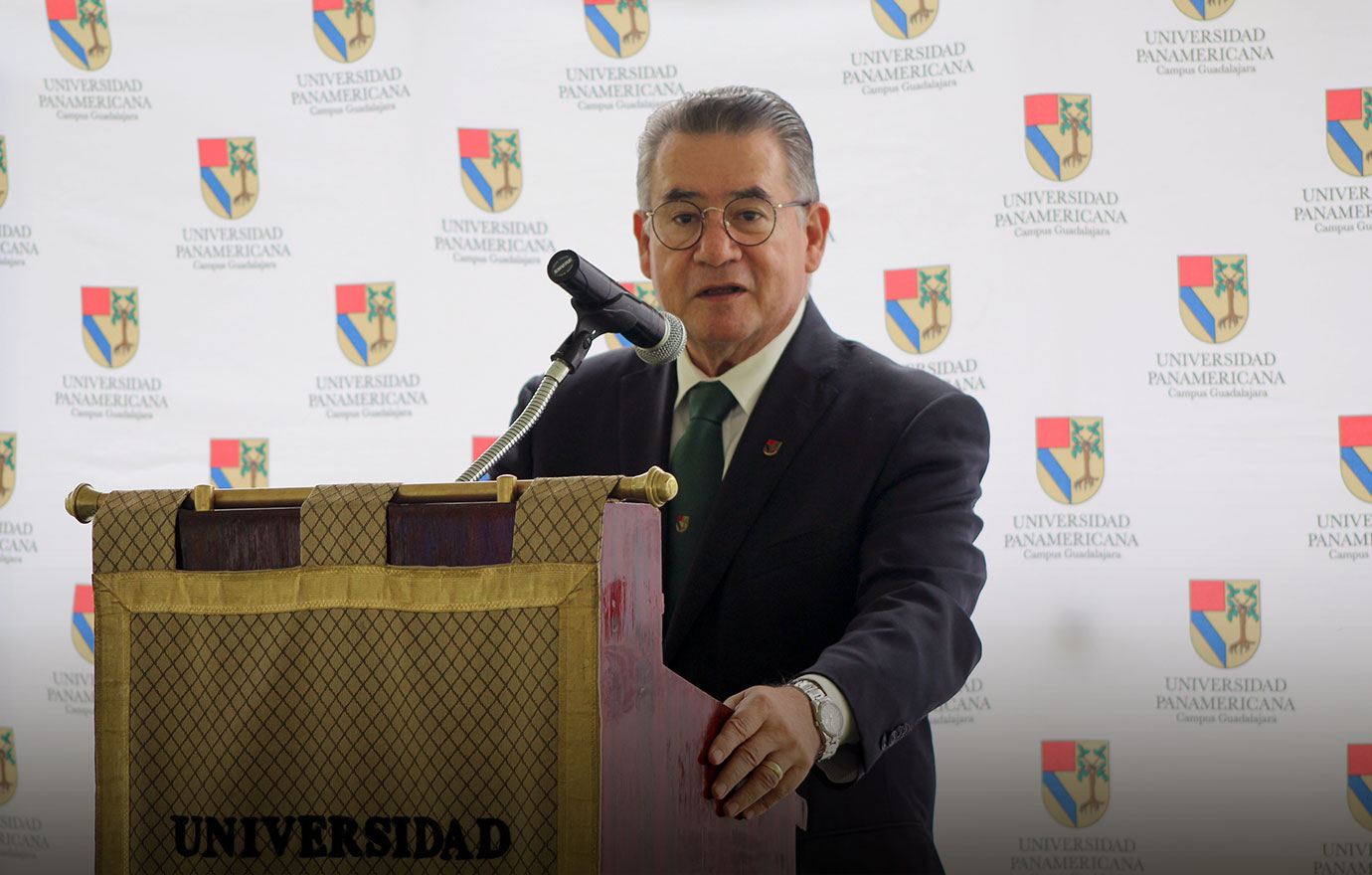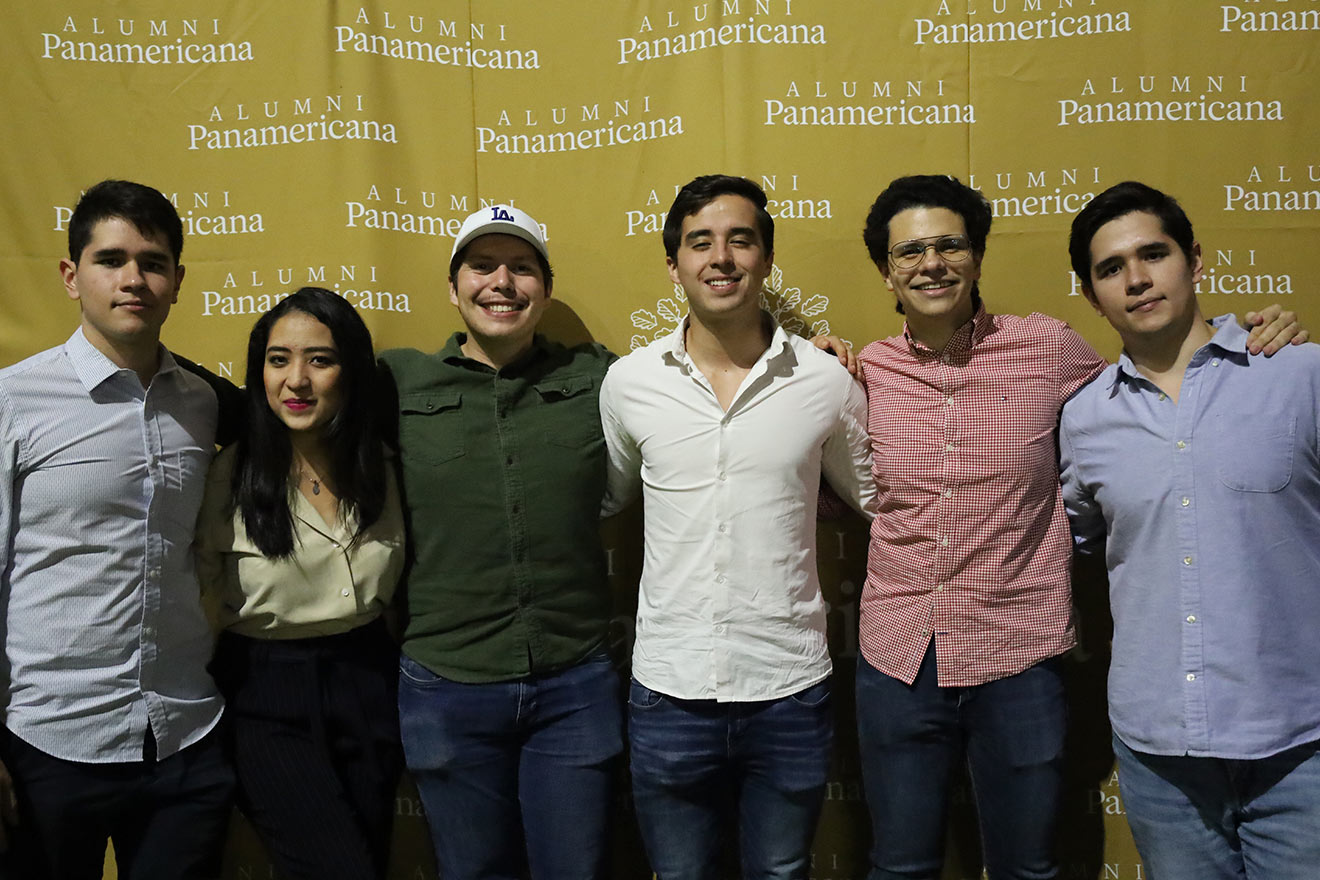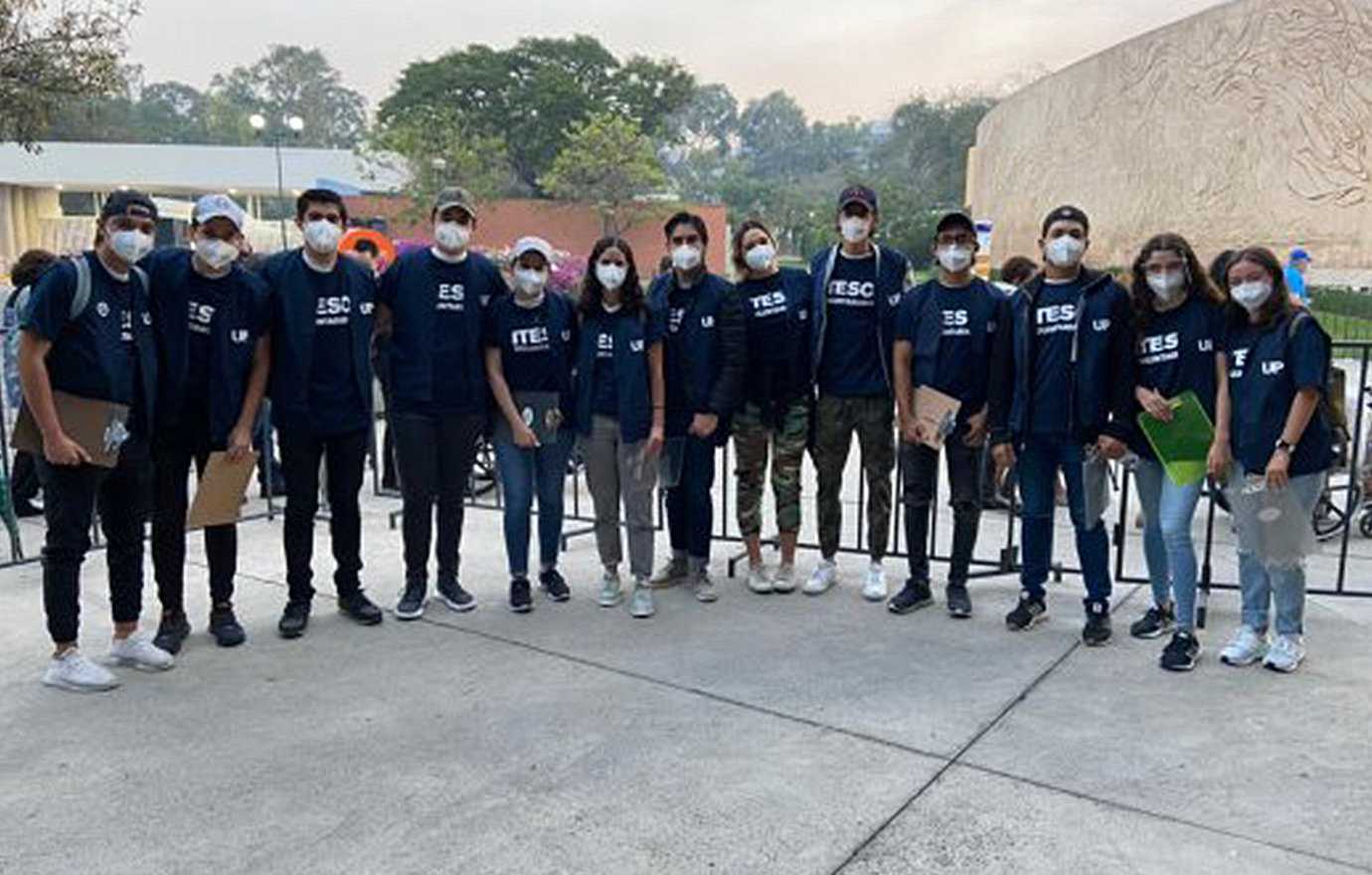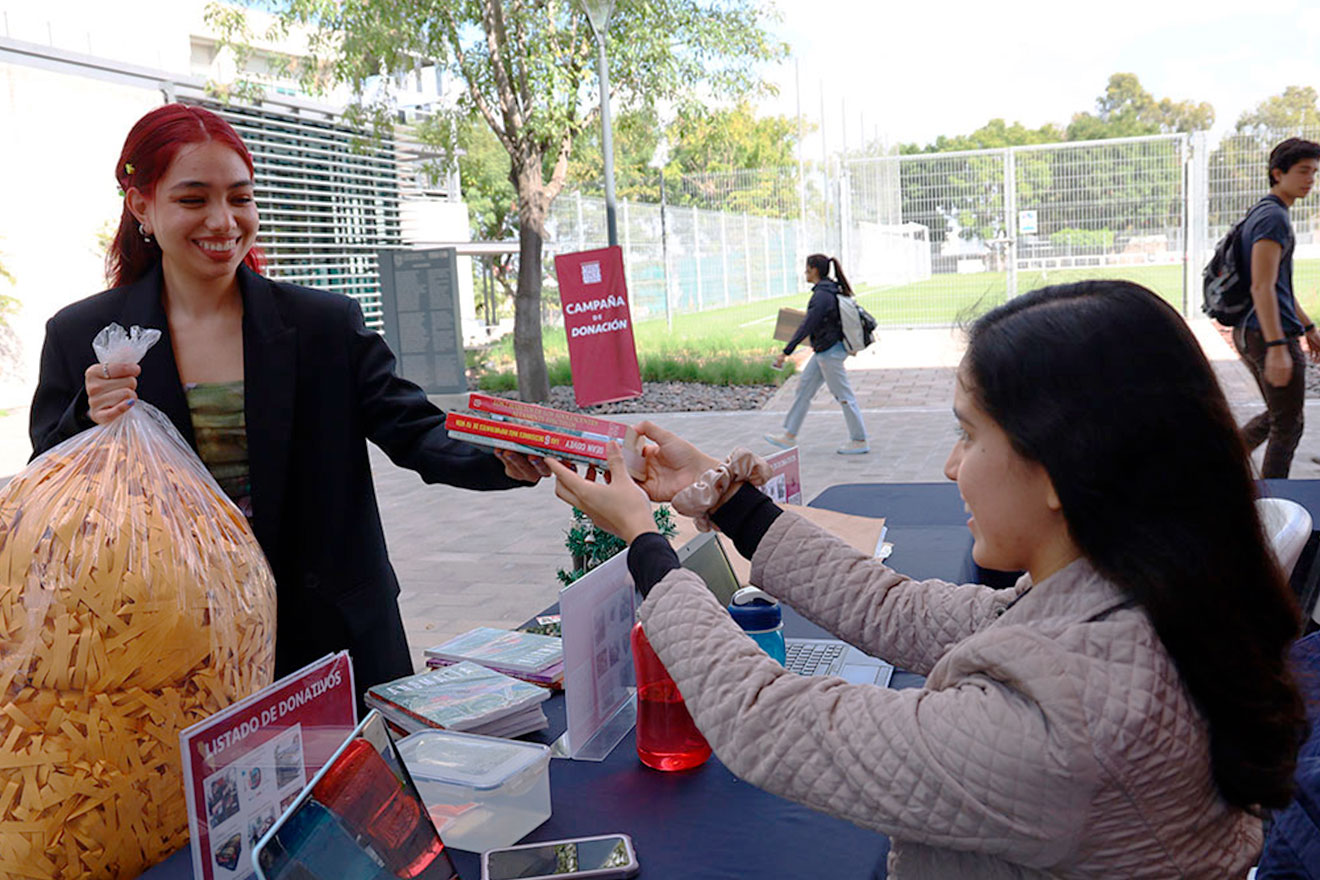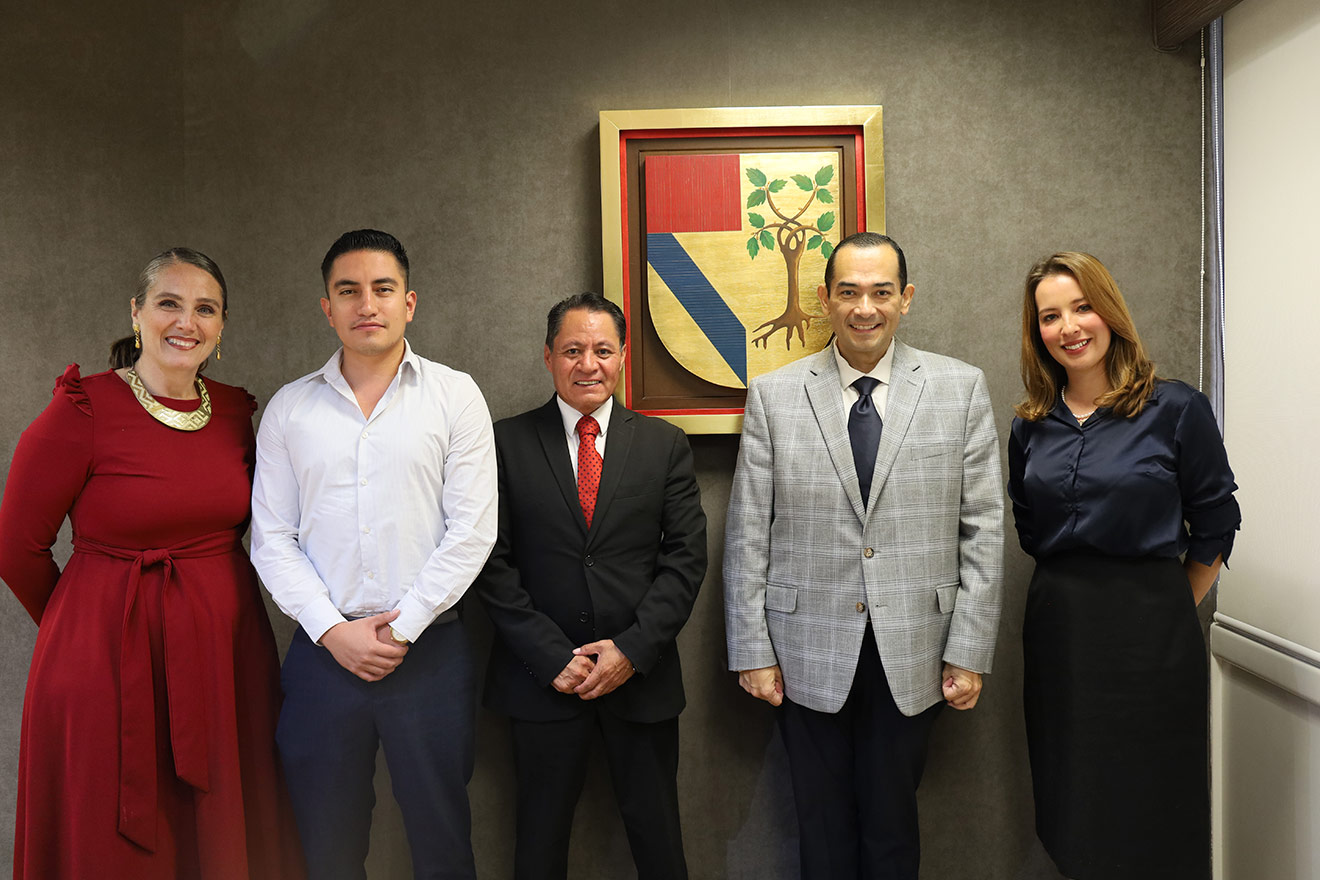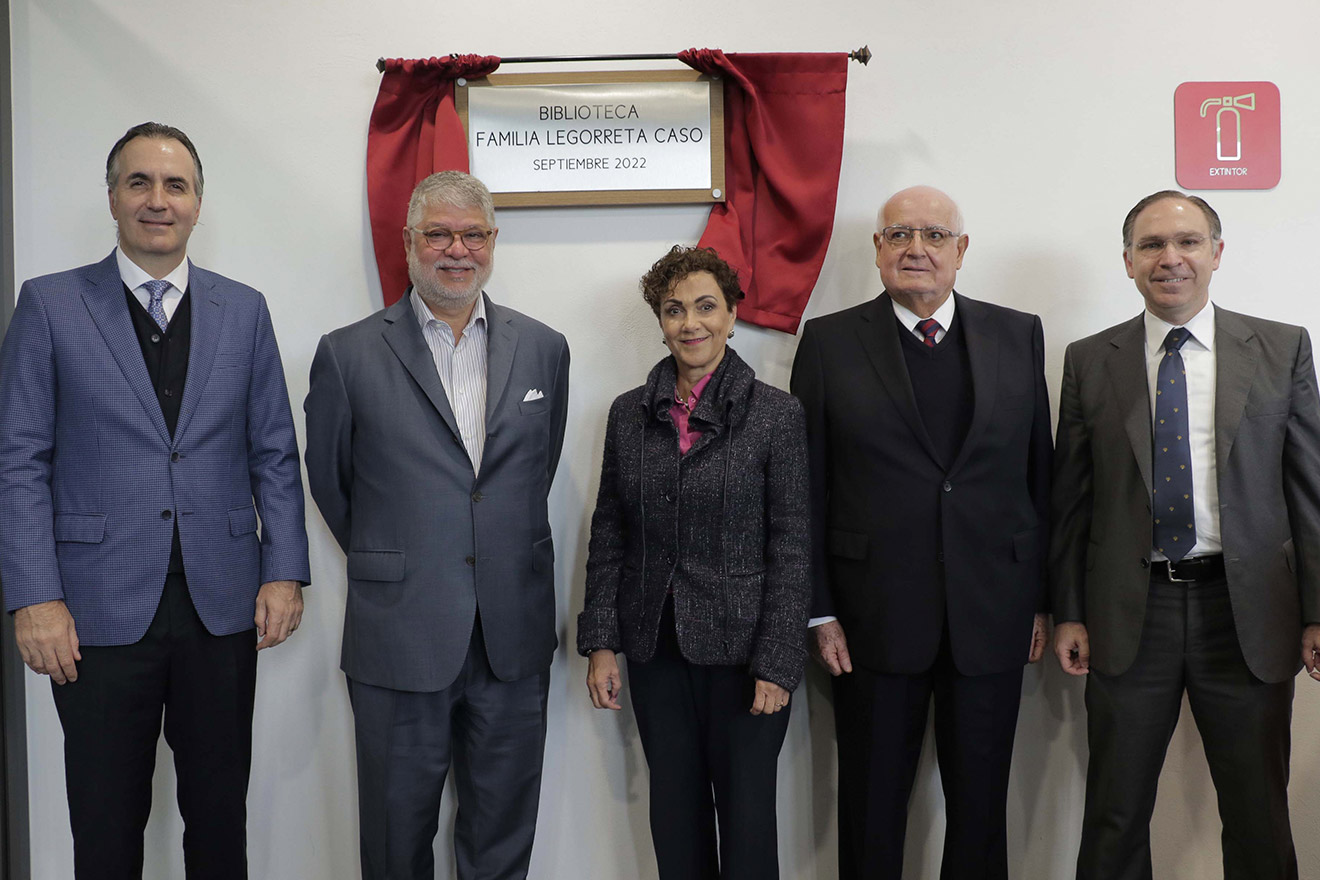Mexico City, September 5, 2022.- In order for students and collaborators to know and identify with the spirit of the company, this new semester we have launched the campaign "Ser para hacer" ("Be to do"). Universidad PanamericanaIn order for students and employees to get to know and identify with the spirit of the company, the "Ser para hacer" campaign has been launched this semester.
In order to understand more deeply all that this implies, we interviewed Dr. Vicente De Haro Romo from the School of Philosophy, Dr. Mónica Adriana Villarreal García, from the School of Pedagogy and Dr. María Victoria Carreras Cruz, School of Engineering; professors of our faculty who live the humanism of Panamericana on a daily basis.
Why does our humanism set us apart from other universities?
According to Dr. De Haro, "when the UP presents itself under the banner of Christian humanism, I understand it as guided by the idea that appears in Gaudium et Spes 22: '(Christ alone) properly manifests man to man himself', thus, we maintain that the Christian vision of the human being is true and complete. This is the basis of the formation offered by the UP".
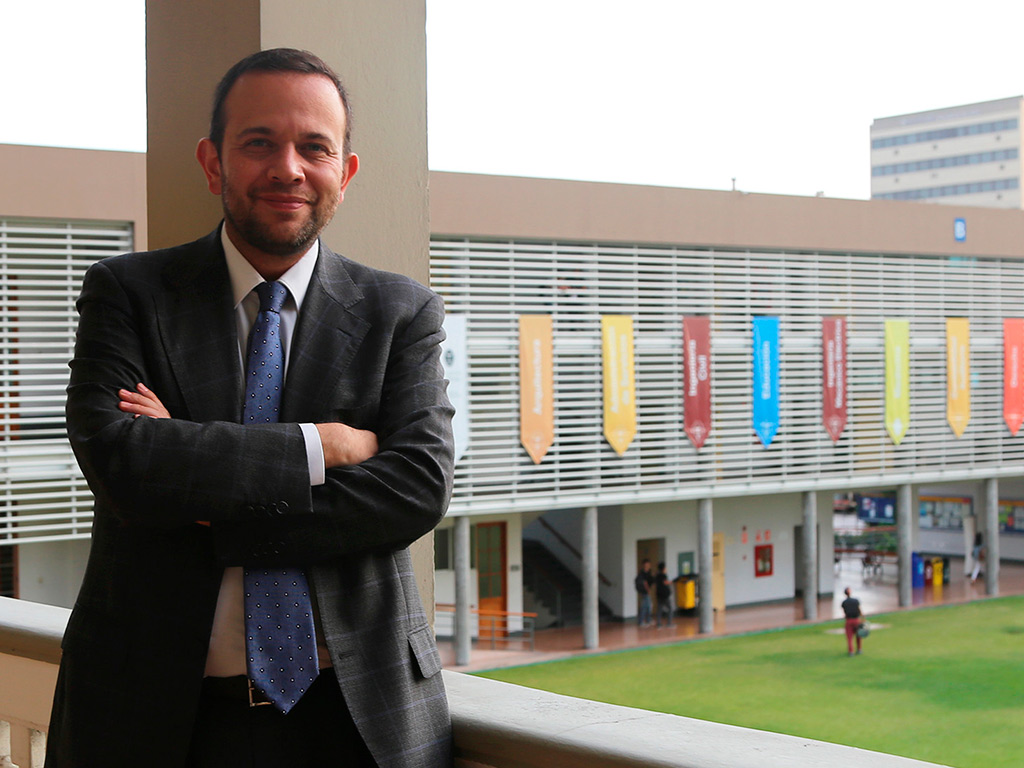
For her part, Dr. Villarreal believes that Panamericana's humanism distinguishes us from other institutions "by the way in which we manifest ourselves and conduct ourselves in our actions, based on the dignity of the person".
Dr. Carreras explains that in our institution "each of our students has a personalized treatment, they are not just a number. They have a name, a personality, study habits, values and problems. They are considered, respected and treated as human beings and that is above everything else".
What is magnanimity?
Dr. Villarreal indicates that this "is a virtue that allows us to set high goals, to face the task with humility and with an internal motivation that goes beyond oneself" . To which Dr. Carreras adds that it implies "being remembered for our good deeds".
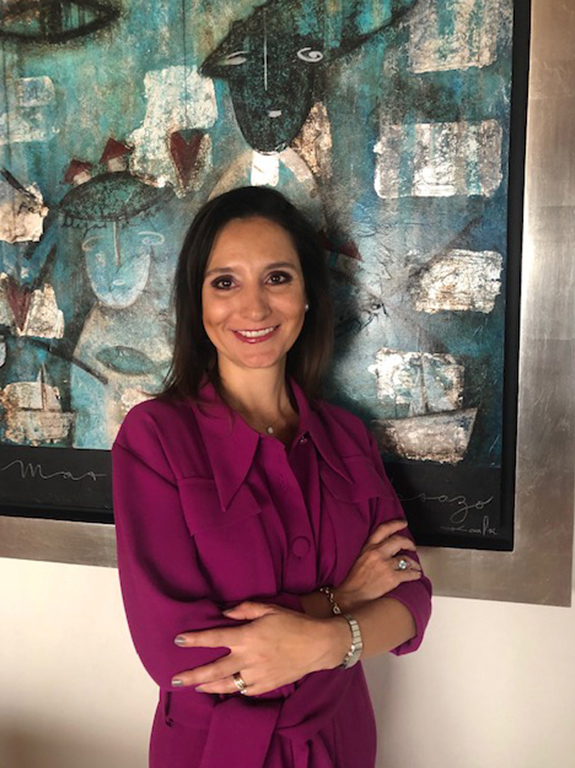
To which Dr. Haro adds: "it is 'greatness of soul' or 'soul for the great'. I would clarify that in the truly noble sense of the word, it is not about having the spirit for anything great, it is not only about changing the world but how and where to change it (...) it is not enough to "be a leader" but to know where to lead others to".
How do you live our Christian philosophy in your daily life?
"As a professor of Humanities, I live it in the attempt to harmonize faith and reason, to heed the guidance of the Magisterium and, in general, I live it in trying to do my work with honesty and rigor, keeping in mind above all dignity, and not efficiency, in my dealings with people," Dr. Haro specifies.
To which Dr. Villarreal responds: "Having a transcendent vision of my work, always thinking about how I can help others and doing everything, no matter how small, in the best possible way".
And Dr. Carrera concludes: "I believe that each of my students comes to the classroom with his or her own problems, limitations and personal history. They should be treated with respect and empathy. We must never forget that they are there to learn and that a good gesture on our part can change their day and even impact their personal lives and decisions."
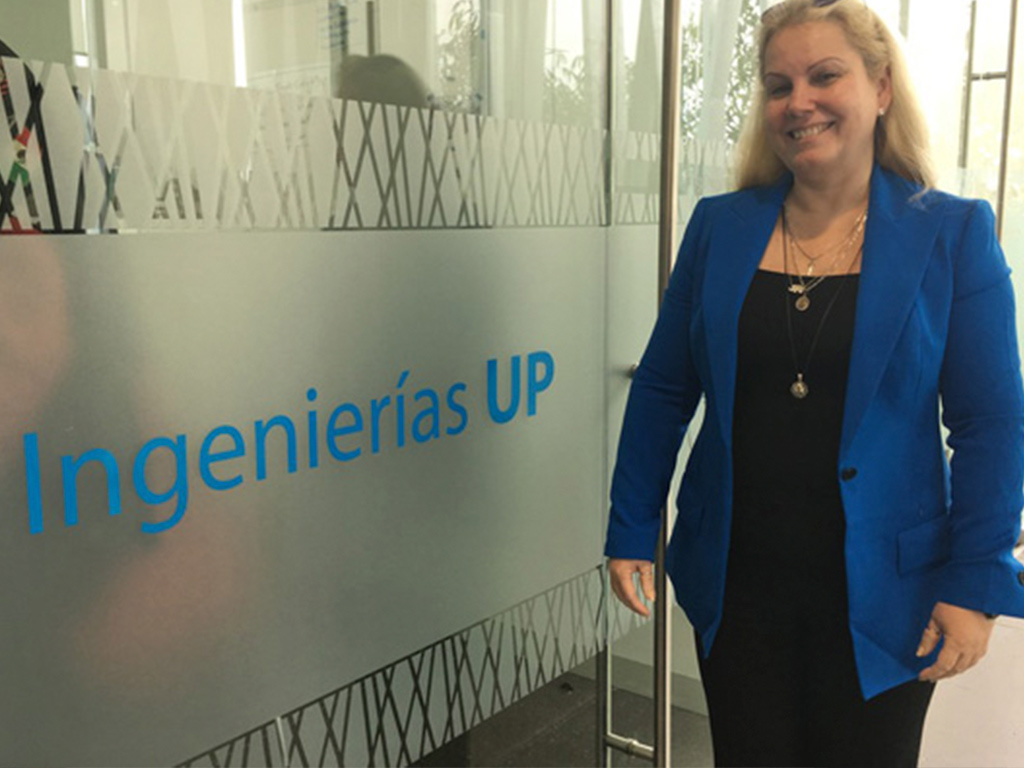
"Being in order to do" starts with each member of our university community being aware of who they are, how their environment is and what they can do to improve it. For it is not enough to fulfill the obligations that each of us have, we must know the potential we have to be a key player in the positive transformation.



